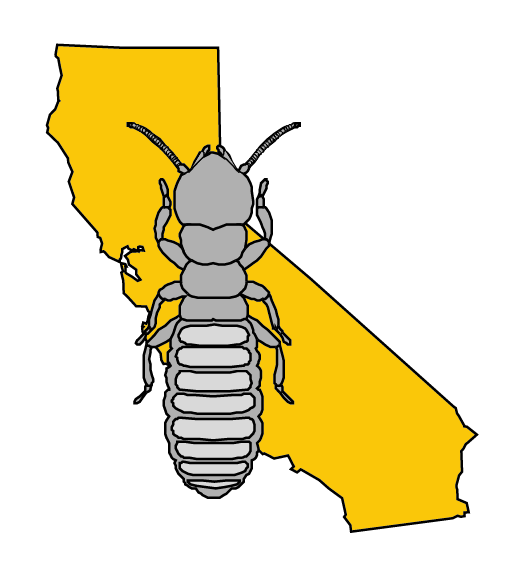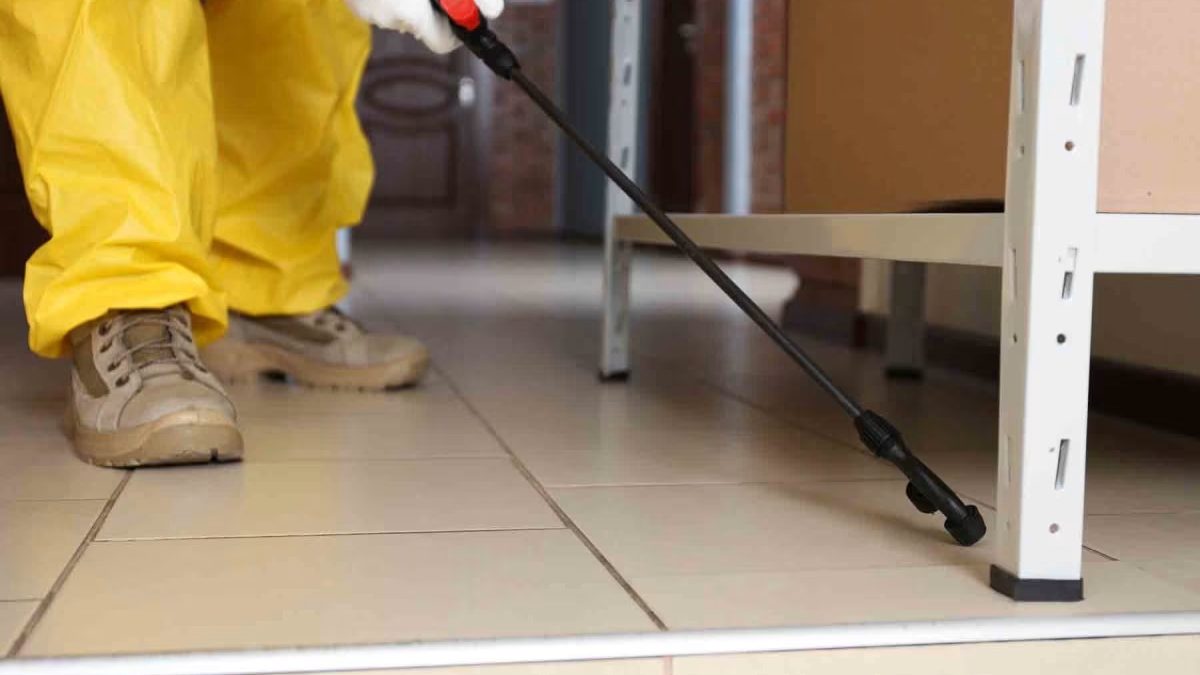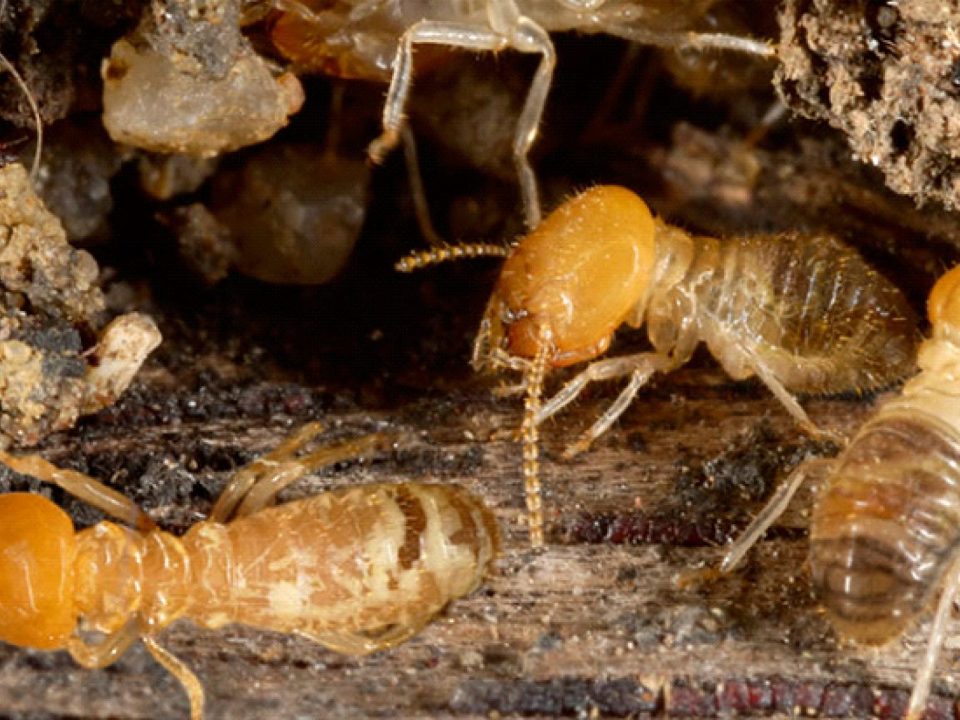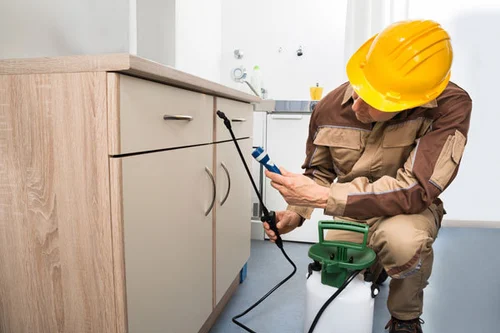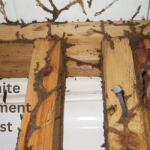
Termite Treatment Costs in La Jolla: A Homeowner’s Guide to Protecting Your Property
November 17, 2024
Finding Reliable Termite Control Near Me in Rancho Santa Fe: A Homeowner’s Guide
November 19, 2024Termites may be small, but they can cause significant damage to a home if left unchecked. These pests are known to silently eat away at wood, weakening the structure of buildings and leading to costly repairs. Understanding termite treatment options is essential for homeowners who want to protect their property from these destructive insects. In this guide, we’ll cover the basics of termite treatment in Del Mar, including types of treatments, costs, and prevention tips.
Why Termite Treatment is Important
Termites cause billions of dollars in damage annually, affecting homes, businesses, and other structures. Unlike pests that are easily noticed, termites often go undetected until they’ve already caused considerable damage. Termite treatment is designed to either prevent termites from invading a home or to eradicate them once they’ve been found.
Effective termite treatment in Del Mar can save homeowners thousands of dollars in potential repair costs. Beyond the financial benefits, termite treatment also provides peace of mind by safeguarding the integrity of your home’s structure.
Types of Termite Treatments
There are several termite treatment options available, each with its advantages. The best treatment depends on factors like the type of termites, the extent of the infestation, and your budget.
1. Liquid Soil Treatments
Liquid soil treatments involve applying a liquid termiticide around the foundation of a building. This creates a barrier that prevents termites from entering the structure and kills those that come into contact with it. This type of treatment is particularly effective against subterranean termites, which nest in the soil and invade structures from below.
Pros:
- Long-lasting protection (up to 5-10 years)
- Effective for preventing future infestations
Cons:
- May require trenching around the home’s foundation
- Involves chemicals that may not be suitable for all households
2. Termite Baiting Systems
Baiting systems work by placing bait stations around the perimeter of a home. Termites feed on the bait and carry it back to their colony, where it spreads and eventually kills the entire colony. This is a less intrusive termite treatment that’s effective for ongoing protection.
Pros:
- Minimal chemical use
- Targets the entire termite colony
- Easy to monitor and maintain
Cons:
- Slower to take effect compared to liquid treatments
- Requires regular monitoring and maintenance
3. Tent Fumigation
Tent fumigation is one of the most comprehensive termite treatments available and is often used for severe infestations of drywood termites. This method involves enclosing the entire structure in a tent and filling it with a fumigant that penetrates all areas to kill termites.
Pros:
- Highly effective for large infestations
- Reaches every part of the structure, including hard-to-access areas
Cons:
- Requires homeowners to vacate the property for a few days
- More expensive than other treatments
4. Heat Treatments
Heat treatments are a chemical-free option that involves raising the temperature in the affected area to a level that’s lethal to termites. This termite treatment is effective for smaller infestations and is often used in combination with other methods.
Pros:
- Environmentally friendly, with no chemicals
- Immediate results
Cons:
- Limited to smaller areas
- May not be effective for larger infestations
Cost of Termite Treatment
The cost of termite treatment varies depending on the size of the home, type of treatment, and severity of the infestation. Here’s a rough estimate of average termite treatment costs:
- Liquid Soil Treatments: $3 to $12 per linear foot
- Termite Baiting Systems: $8 to $12 per linear foot (with additional maintenance fees)
- Tent Fumigation: $1,200 to $3,500 or more, depending on the property’s size
- Heat Treatments: $1 to $3 per square foot
To ensure the best results, it’s recommended to get quotes from at least three reputable pest control companies before deciding on a treatment.
How to Prevent Termite Infestations
While termite treatment is essential for eliminating an existing infestation, prevention is the best defense against termites. Here are some tips to help keep termites away from your home:
- Reduce moisture: Termites are attracted to moisture. Fix leaky pipes, ensure proper drainage, and reduce humidity levels around your property.
- Store wood properly: Avoid storing firewood or other wood materials close to your home’s foundation. If you need to store wood, keep it at least 20 feet away from your house.
- Maintain a barrier: Avoid direct wood-to-ground contact for decks, fences, or other structures. Installing a gravel or sand barrier around your foundation can also help deter termites.
- Regular inspections: Have your home inspected by a professional at least once a year, especially if you live in an area prone to termite activity.
Termites may be a homeowner’s worst nightmare, but with the right termite treatment in Del Mar and preventive measures, you can protect your property from these destructive pests. By understanding your options, choosing the appropriate treatment, and practicing preventative care, you’ll be better prepared to keep termites at bay and maintain the value and safety of your home.
Don’t Wait to Protect Your Home!
Termites can cause extensive and costly damage before you even notice them. Whether you need an inspection, treatment, or ongoing prevention, Hume Termite is here to help. Our expert team provides customized termite treatment solutions that suit your specific needs and budget.
Call Hume Termite today at (760) 598-2201 and take the first step toward protecting your home from termites!
